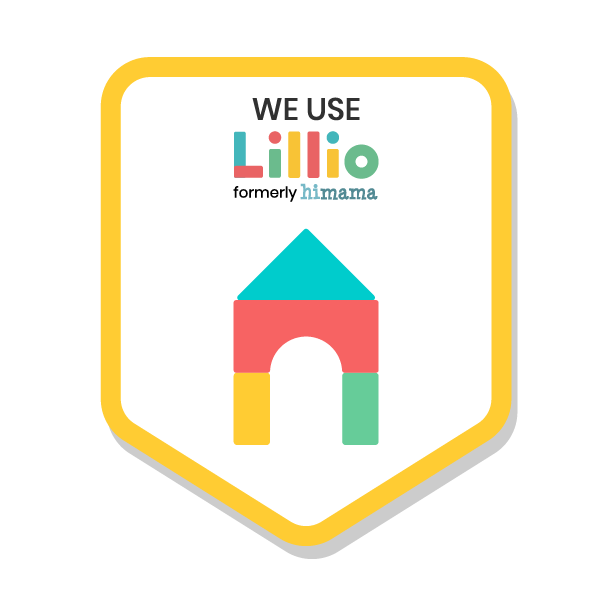Pedagogical Approach
The CCLC has a multifaceted pedagogical approach. We are guided by How Does Learning Happen? Ontario’s Pedagogy for the Early Years and create an emergent curriculum with the children and families that we work with. We are inspired by and consider a variety of approaches, perspectives and research findings within our programs. We think critically about how these different aspects can support our mission, vision and core values. As we learn and grow with the children, families and students in our programs, we continually question our practices to ensure that they are relevant for our current contexts.
Many different approaches and perspectives inspire us within our emergent curriculum, including:
- The children and families we work with
- Our University of Guelph community
- The Arboretum
- Our Canadian context
- Current research within the field of early learning and care
- The educators of Reggio Emilia
- Outdoor education
- Danish Nature Kindergartens
- HighScope
- Key figures and researchers in early learning, such as: Dr. Jean Clinton, Dr. Stuart Shanker, Karyn Callaghan, Lorrie Baird and Anne Marie Coughlin, and early theorists such as Jean Piaget, Lev Vygosky, Abraham Maslow, John Dewey, Stanley Greenspan, and Howard Gardner.
As part of its commitment to providing the highest quality of programming, the CCLC has hired a full-time Pedagogical Leader. A Pedagogical Leader supports an early learning and care organization with developing its philosophy, knowledge, and practices related to early learning. The CCLC’s Pedagogical Leader develops a monthly publication, Intentional Thinking, to explain programming choices and to share some of the current and influential research within the field of early learning. Past issues of Intentional Thinking can be found below. If you have any questions about these publications, please contact Kimberly Barton, Pedagogical Leader, barton@uoguelph.ca [1].
